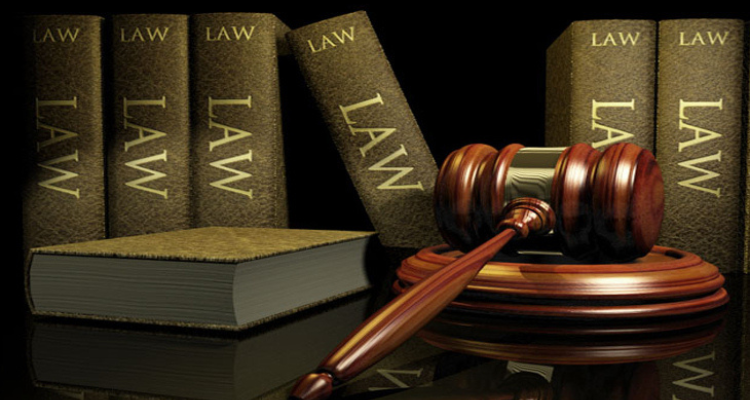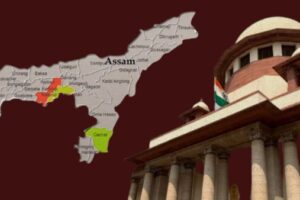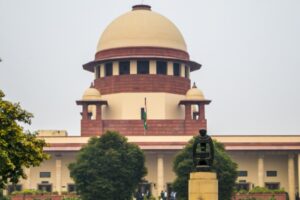
In a significant ruling on Tuesday, the Supreme Court clarified that advocates are not liable under the Consumer Protection Act 1986 for service deficiencies. Justices Bela Trivedi and Pankaj Mithal’s bench overturned a 2007 judgment, emphasizing the distinction between professionals and business operators. Consequently, complaints regarding service shortcomings against advocates are not valid before the Consumer Forum.
Here’s the full story:
- The Supreme Court suggested reconsidering the judgment in Indian Medical Association v. VP Shantna and asked the Chief Justice of India to refer it to a larger bench for review.
- Justices Bela Trivedi and Pankaj Mithal highlighted the distinction between professions and business, stating that professionals, like lawyers, require advanced education and specialized skills, setting them apart from businessmen under the Consumer Protection Act.
- The Court clarified that legal profession is sui generis, unique in nature, and cannot be compared with other professions due to the unique attributes of the relationship between advocates and their clients.
- Services provided by advocates are considered contracts of personal service and are excluded from the definition of service under the Consumer Protection Act.
- The Division bench heard the matter extensively before reserving its judgment on February 26.
- The National Consumer Disputes Redressal Commission (NCDRC) held that lawyers could be held liable under the Consumer Protection Act for deficiencies in services promised.
- Arguments before the Court stressed the importance of lawyers’ independence and the unique nature of the legal profession compared to other professions like medicine.
- Senior Advocate V Giri argued that once a lawyer appears and acts on behalf of a client before the court, it does not establish a relationship between the lawyer and the service consumer.
- The debate also focused on the differences between lawyers engaged to appear before courts and those approached for legal services like opinions and drafting agreements.
- Counsels for the appellants included senior advocates Narender Hooda, Jaideep Gupta, Guru Krishnakumar, Manoj Swarup, Vikas Singh, and Ramakrishnan Viraraghavan, representing various bar associations and councils.
- The appeal was filed against the NCDRC’s order, which had been stayed by the Supreme Court in 2009.
- The Court’s decision emphasized the unique nature of the legal profession and clarified that advocates cannot be sued under the Consumer Protection Act for deficiencies in services provided.
Read More: Supreme Court, Delhi High Court, States High Court, Other Courts, International





